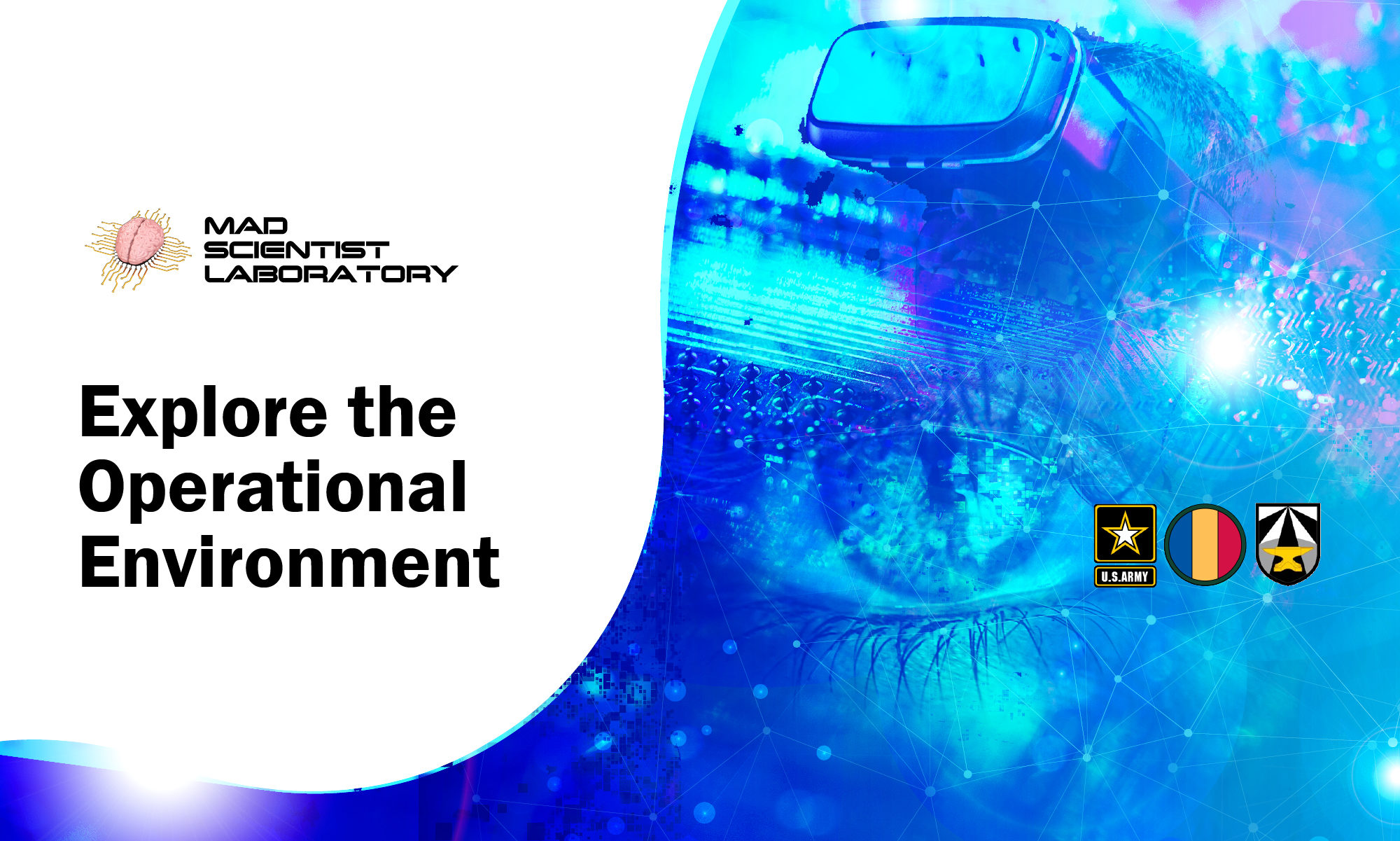Former Undersecretary of the Navy James F. “Hondo” Geurts and Dr. Zachary S. Davis, Senior Fellow, Center for Global Security Research, Lawrence Livermore National Laboratory, discuss Strategic Latency Unleashed: The Role of Technology in a Revisionist Global Order and the Implications for Special Operations Force and how to think radically about the future, capitalize on talent, and unleash technological convergences to out-compete our adversaries, and when necessary, defeat them decisively in conflict.
COL John Antal (USA-Ret.), author and innovator in the interactive gaming and learning industry, discusses the implications of the Second Nagorno-Karabakh Conflict, the psychological effects of drone warfare, and the future of maneuver.
COL Scott Shaw, Commander, U.S. Army Asymmetric Warfare Group, discusses the future of ground warfare, including lessons learned from the Nagorno-Karabakh Conflict in 2020 and the realities of combat for tomorrow’s Soldiers.
Dr. David Kilcullen, bestselling author and expert on unconventional warfare, discusses how the U.S. Army must prepare to engage “Dragons” and “Snakes” as they employ Liminal Warfare and blended cyber-kinetic operations to avoid our conventional warfare dominance.
Mr. Doowan Lee, CEO and co-founder of VAST-OSINT, discusses disinformation, changes over time in approaches to information warfare, and collaboration between Russia and the Chinese Communist Party on information operations.
Click here to listen to other episodes of “The Convergence”
